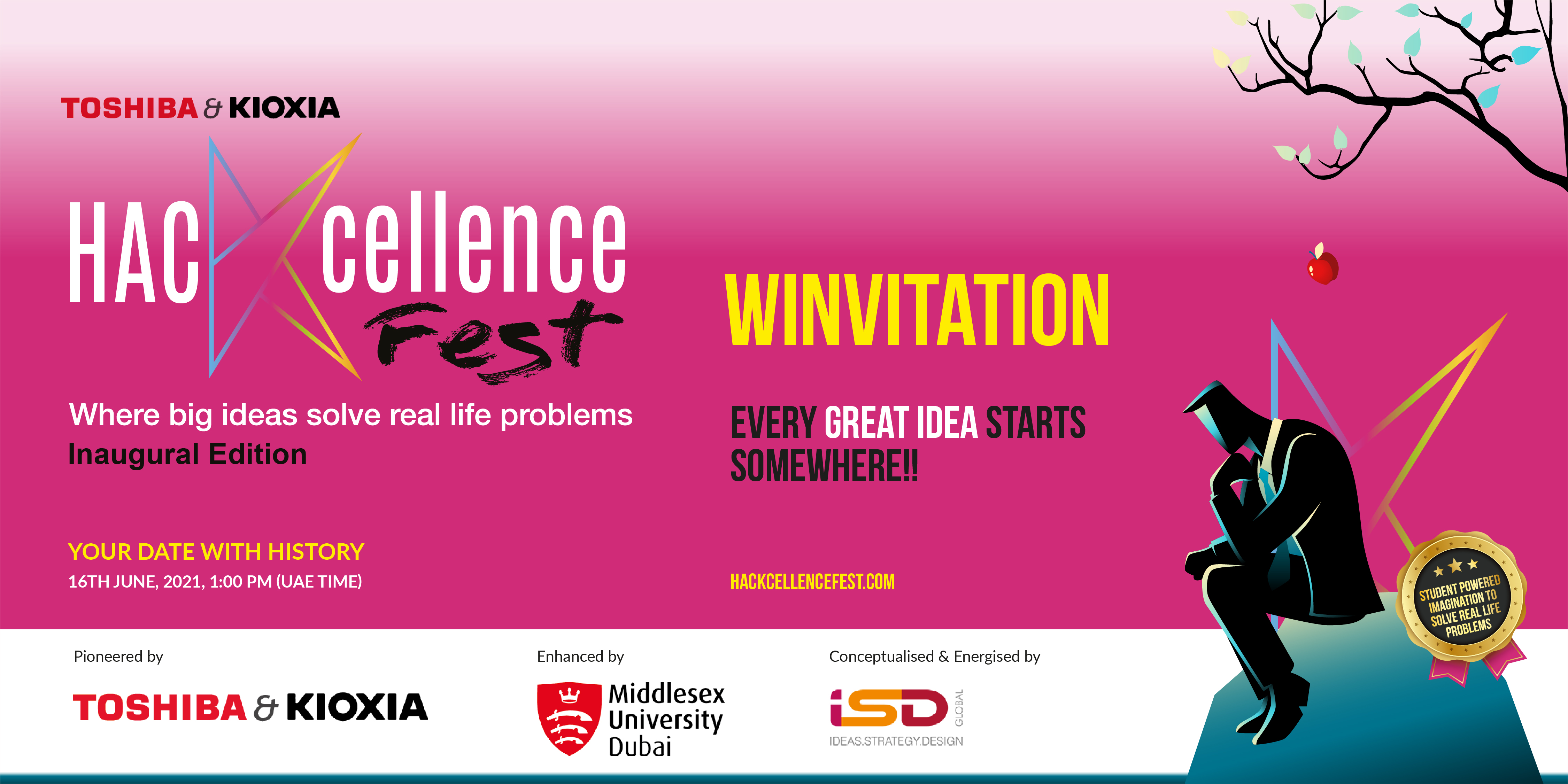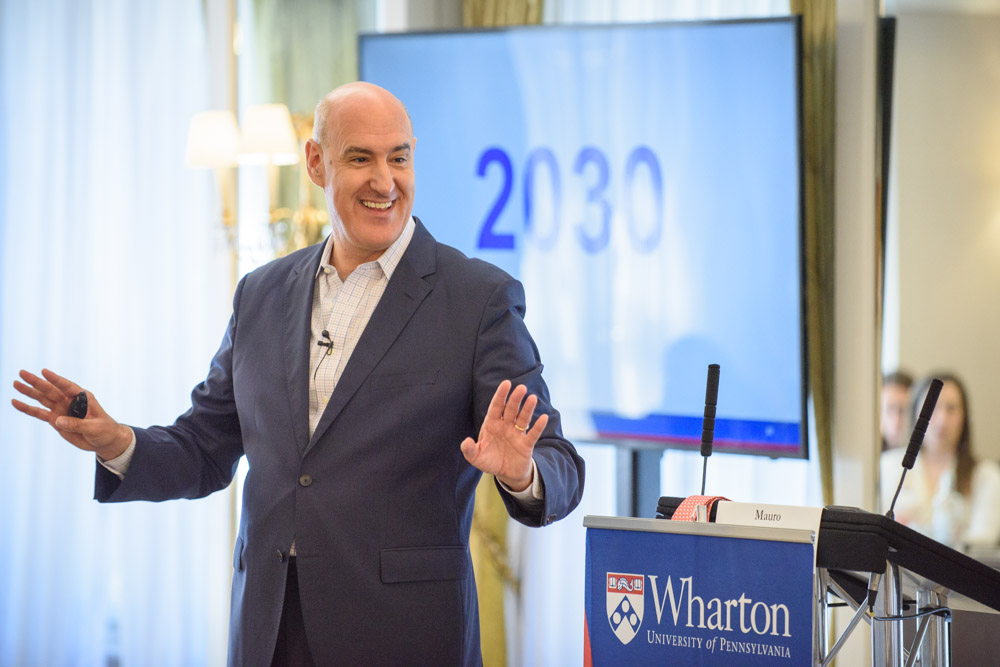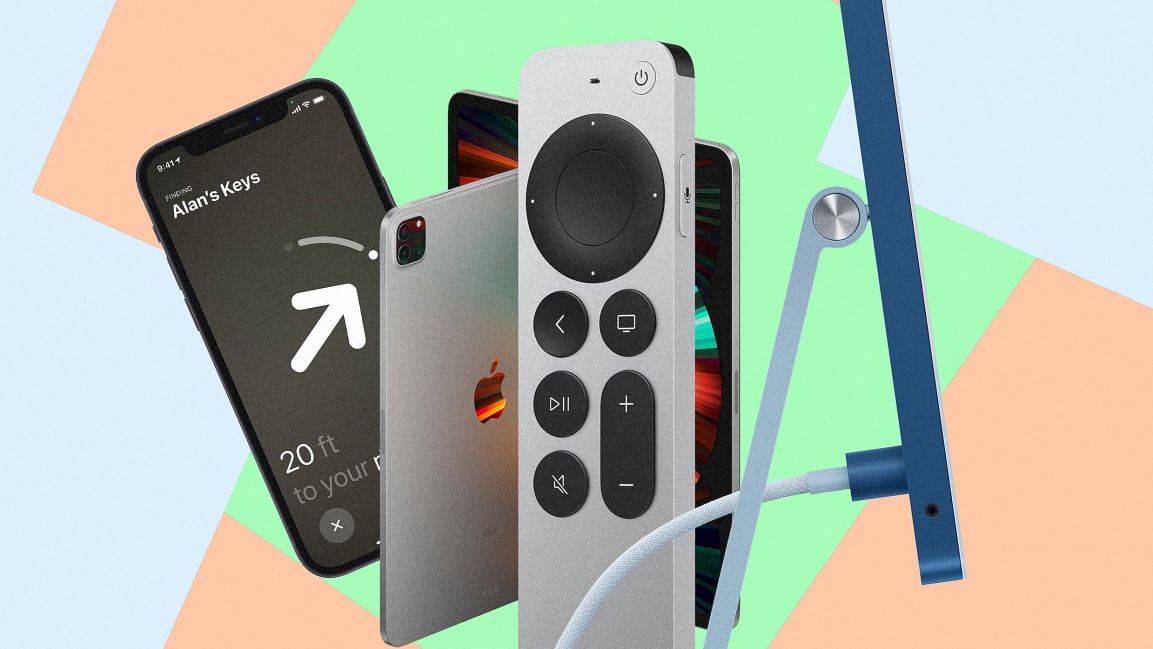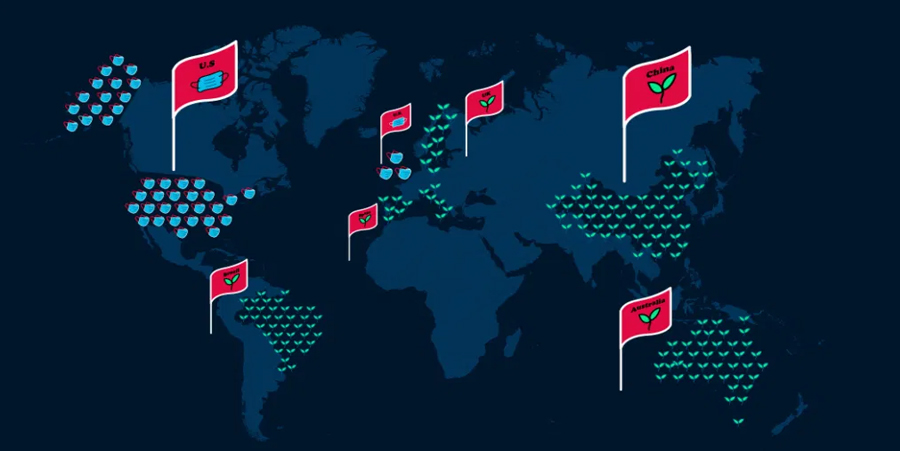 The linear sequence we have all been made aware of is one of believe and become. Moving a couple of notches above that is the upcoming Toshiba and Kioxia (
The linear sequence we have all been made aware of is one of believe and become. Moving a couple of notches above that is the upcoming Toshiba and Kioxia (
A year ago, when we talked about agility, we were market-focused: Is our company agile enough to handle new privacy regulations? The death of cookies? The shift in retail habits?
Now, market needs have clearly changed. It’s not just about privacy legislation and cookie-less advertising—there’s been a global shift in priorities. Supply chains have flattened; people have lost jobs; some borders are closed—then reopened, and closed again, then again reopened.
Read More
Quick, precise, insightful and in rapid response mode. That is Mauro Guillen for you. Donning multiple hats astutely and with great finesse, Mauro is an eminent sociologist, political economist and management thinker and the Incoming Dean of the Cambridge Judge Business School and Fellow Queen’s College. Here in this freewheeling and crisp conversation with BrandKnew (published by ISD Global), Mauro does a bit of crystal ball gazing and also touches upon the inspiration for his book ‘ The Platform Paradox ‘. Read on..
Mauro F Guillen, Incoming Dean, Cambridge Judge Business School, Sociologist, Political Economist and Management Thinker, Author, The Platform Paradox

Apple showed off clever experiments with UX at today’s Spring Loaded event. And we love to see it.
Apple’s iPhone changed everything when it debuted in 2007, with its handy touchscreen that introduced totally new concepts such as pinch-to-zoom. But it’s easy to forget in the age of iPhones that UX is about a lot more than a touchscreen. It’s about making real-world gestures, touching physical buttons, and sometimes looking away from a screen entirely.
I’ve recently done a few experiments in influencer marketing that exposed an important shift in how we must view and assess content creators. In fact, today I will contend that there is a significant new dynamic changing the very fundamental nature of influencer strategy.
Let’s start at the beginning and think about what influencer strategy has been, and then examine what it is becoming.
Back in the 1920s, Harvard Business School(HBS) professors decided to develop and experiment with innovative and unique business instruction methods. As the first school in the world to design a signature, distinctive program in business, later to be called the MBA, there was a need for a teaching method that would benefit this novel approach.
As marketers, one of our primary missions is to help people and encourage positive change. To do so, we need to ensure the content we create is both useful and valuable.
That’s what Afiya Addison spends her day doing: ensuring marketers can create more value. As part of the B2B Institute (LinkedIn’s only think tank), she works with academics and senior leaders to create content that encourages debate.
Read More
How the death of cookies will result in better and stronger results. Five must-have tactics for display and video advertising to smoothly transition to the post-cookie era.
Let’s face it. The world is going through difficult times, and so is every method of advertising. People are suspicious and don’t trust advertising, thinking that ads may lead to fraud or that advertisers act only to their own benefit and that the consumers will get no value out these promotional banners sitting around the content they visit.
Read More
.
The fitness brand is able to use Olympic athletes in new campaign even though it does not have a sponsorship as result of softened ‘Rule 40’ rules.
—
Seeking to build and grow your brand using the force of consumer insight, strategic foresight, creative disruption and technology prowess? Talk to us at +971 50 6254340 or mail: engage@groupisd.com or visit www.groupisd.com/story
The struggle with Zoom fatigue is real. It’s so real that Citigroup CEO Jane Fraser has banned internal Zoom meetings on Fridays in an effort to combat it.
“The blurring of lines between home and work and the relentlessness of the pandemic workday have taken a toll on our well-being,” she said in a March company memo. “When our work regularly spills over into nights, very early mornings and weekends, it can prevent us from recharging fully, and that isn’t good for you nor, ultimately, for Citi.”








